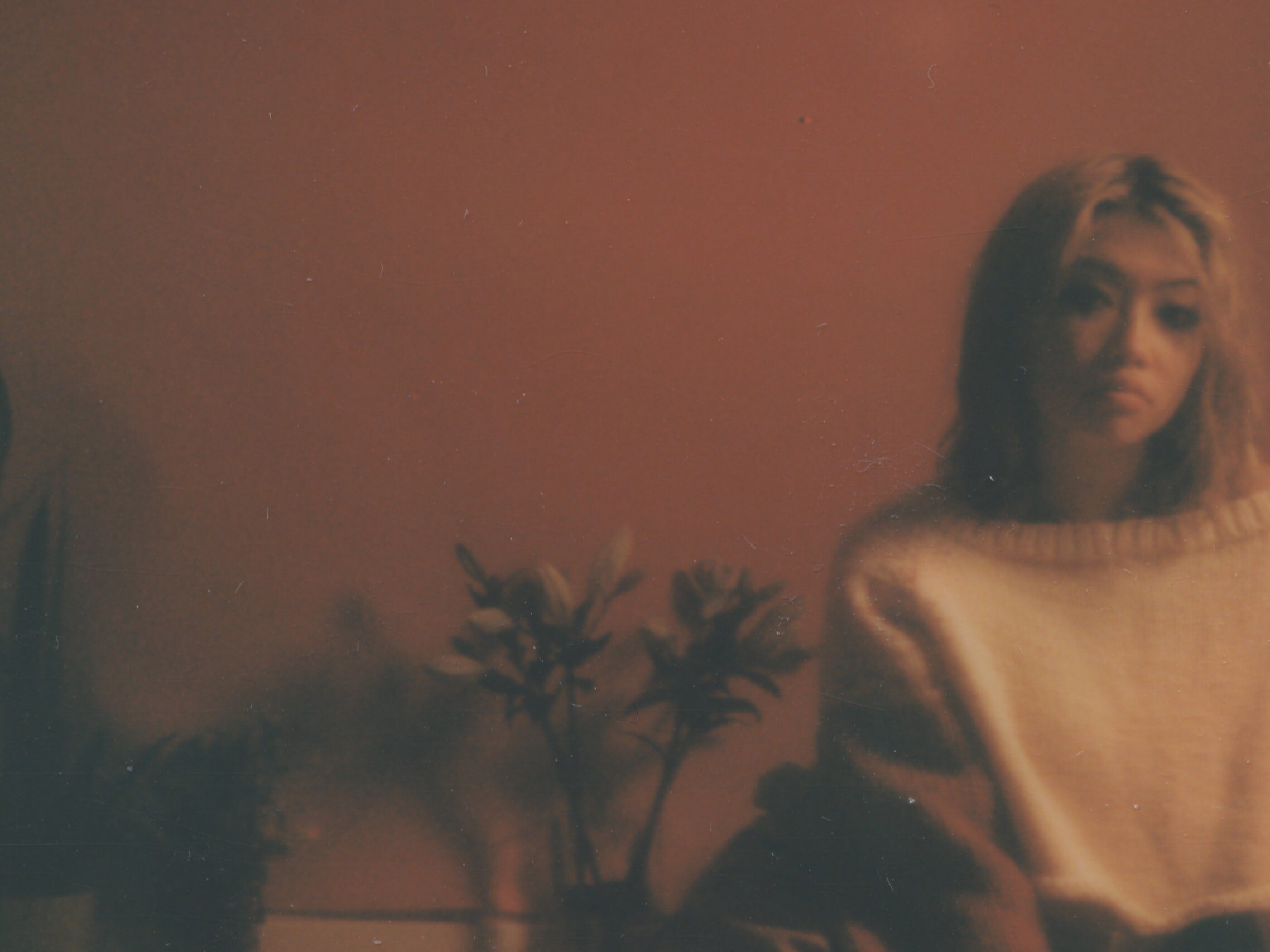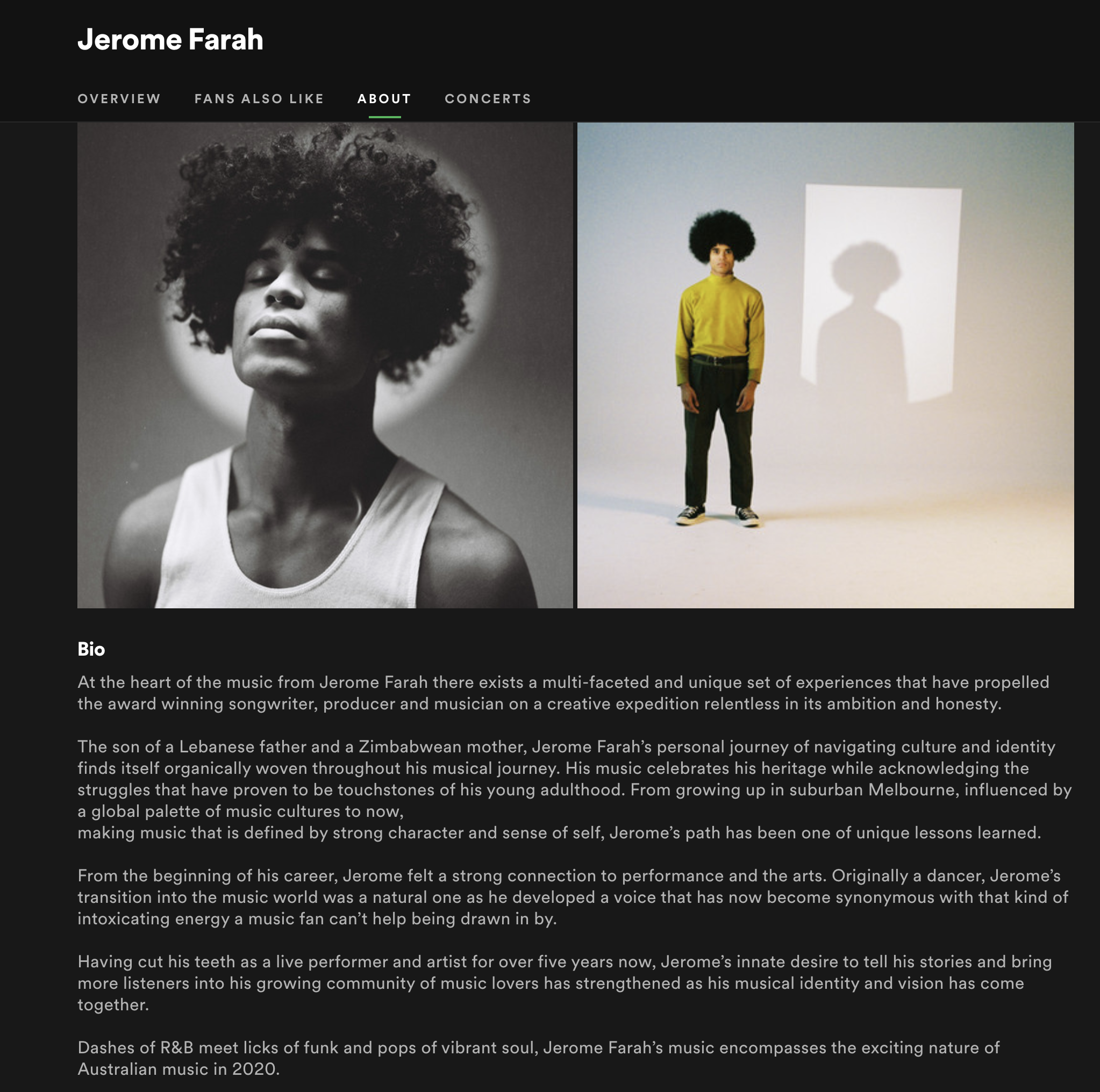Speaking with Polaris drummer Daniel Furnari, it’s evident that the band knows they’re on the precipice of something big. The lead up to the release of their sophomore record The Death Of Me this week has been marked by glowing advance reviews and an Australian tour that has seen multiple dates (including one at Sydney’s Enmore) sell out.
In the two years that have passed since the release of their ARIA-nominated debut, The Mortal Coil, Polaris have positioned themselves as one of Australia’s next metalcore giants, no longer waiting in the wings but now firmly on a global stage.
“You’re always conscious of following up a previous release,” Furnari admits. “It’s almost impossible to push out of your mind.”
“The security we feel is that we know we wouldn’t put something out if it didn’t feel up to the standard that we wanted to create. We’re super critical of everything we do. There’s a lot of attention to detail as a band; it’s not just one person writing it. It’s very collaborative. Everyone gets to weigh in if they don’t think something’s up to standard. By the time it does get to that finished place, we’re pretty much of the mindset that we’ve done something good and something we can be proud of.”
The creation of The Death Of Me wasn’t a smooth process, by any means. Difficulties and creative blocks intruded on some songs’ completion, however as Furnari explains, it all played into the final result: a precise and uncompromising album of material that showcases the depth and development of the band.
Having become a favourite on the Australian touring circuit, and a formidable set of newcomers to the international market, Polaris have not had the luxury to rest on any laurels. Diving into their new album though, it’s clear that their hardworking ethic as performers and writers has delivered in spades.
“The song ‘Pray For Rain’, which is the first song on the album, is a song that was in the works for such a long time.” Furnari remembers.
“Versions of that song were being created but they just weren’t up to the standard that we wanted. The song went through so many iterations that we just weren’t happy with, but we had a couple of ideas there. The song was a quandary, to say the least.”
“Sometimes you get these records where have an intro track, but it doesn’t feel like a fully fledged song. That’s what we wanted to avoid, we wanted something fully realised and something that takes you somewhere. It just took us so long to achieve that. We had to put it [the album] aside and go to Europe and do a summer run, then come back and work out when and how we were going to finish it. somewhere during that break, that song got brought up on the tour. There was a moment there, when we got closer to a finished structure, there were a couple of lightbulb moments. More lyrics were coming together and we finally realised that not only was the song going to work, it was actually going to be released as an actual song we were proud of.”
Pushing creative pressures aside, Furnari speaks of the new Polaris album with excitement. The record is a new chapter for the band as with an Australian tour about to take them nationwide again, the opportunity for them to flex this new music in a live capacity has never been bigger.
“Lyrically, what we’re talking about on the record is very much a snapshot of where we’re at in our lives and where we’re at mentally. What we’ve gone through over the last couple of years to get to this point.” he says.
“We’re just trying to become a better version of our band with every record and learn from our songwriting in the past, to write better songs. Learn from what we play live and what we want to play live, how that will translate when we actually do go in for a show.”
In the eyes of many, Polaris are becoming that band. New flag-bearers for Australian metalcore, theirs is a sound rooted in dynamism and a fleshed out love for various sounds that have come before.
“Australian metalcore, in my opinion, is quite rich and varied when you get down to it.” Furnari says.
“Some people think there’s an Australian sound, which there may be. Maybe for some people, we encapsulate that. I don’t know if we do, because I think it’s such a broad and colourful thing that we have here, it’s hard to sum up.”
“We draw a lot from some of the more modern iterations of the genre and from bands from our own scene like Northlane, bands who have been impactful on Australian metalcore.” he expands.
“At the same time, there’s a big influence from bands like Architects and Parkway Drive, who have been a part of what we’ve loved about the genre since the very beginning.”
While bands like Architects, Parkway Drive, Northlane and Knocked Loose are names Furnari nods to favourably when it comes to the advancement of metalcore in general, his focus on expanding the sound of Polaris with his bandmates is looking broader.
“When you’re constantly surrounded by heavy music, it’s something you can’t always listen to all the time in your free time.” he says, thinking about what music inspires him.
“When you’re touring with metal bands and playing in a metal band, a lot of the time the stuff we go to in our own listening time, is stuff that is a little bit out of our range. Just to keep things interesting and to keep our brains a break.”
“More and more in the last couple of years I’ve been testing it out in writing and it’s made things more exciting. We’re just trying to incorporate everything we love into this band, so that we can be our own favourite band.”











